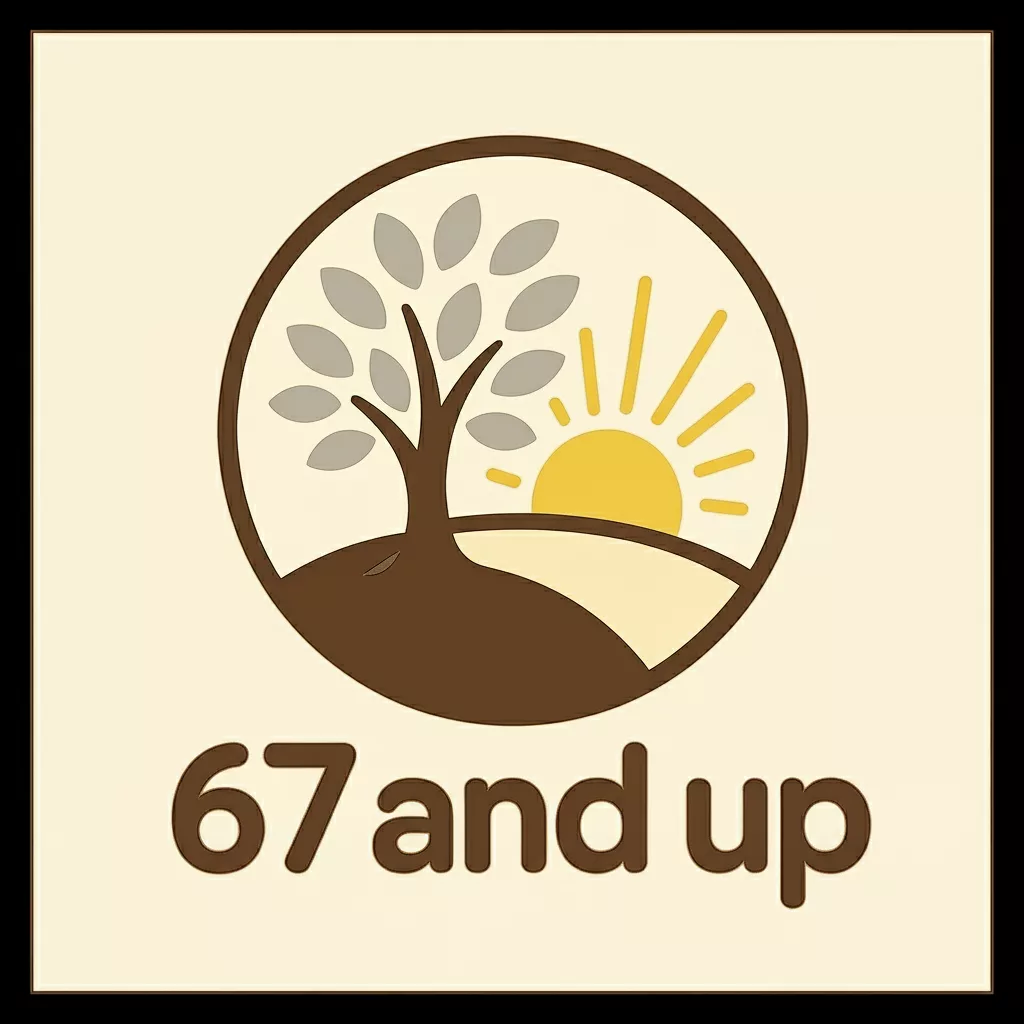
In an ideal world creating a wellness routine for retirees should not be necessary. In an ideal world we should have started one long ago, long before our changing body chemistry dictated that we must. Unfortunately though, life’s journey doesn’t come with a handbook, so we do it all on our own and of course we make some mistakes along the way. We learn from them and as we age we become wiser.
It would then be reasonable to suppose that by retirement age we might have somewhat mastered many of life’s tasks. We should definitely have the edge on younger folk but unfortunately for us, just when we might otherwise have reached a time when we think that we may have it all figured out, our physical bodies and minds slowly begin their inevitable decline. So we have a new challenge before us right now. WE ALL have within us the ability to arrest this trajectory and optimize our health. AI, (artificial intelligence) can help you in that regard. With AI You can plug in your health symptoms and goals and get back a highly personalized road map indicating the way ahead, and it’s just for you. But first you must learn to use AI and unlock all of the benefits it will have for you going forward, and the simplest route to achieve that would be to check out Wealthy Affiliate’s AI learning program. Initial classes are entirely free.
As we age we naturally begin to slow down and our physical reaction times to instructions from our brains also change, the signals are sometimes delayed. These age related reaction changes may be imperceptible to an observer, but just a millisecond or two could be all it might take for an elderly person to fall, or to remain on their feet. That’s why It should become mind over matter, for an older individual to take extra care, always being mindful of the physical limitations that age has presented them with. Personally speaking I am still in recovery mode from a life changing fall that I took last June, a fall that resulted in a broken hip. Complications required two surgeries and I am currently confined to a walker. All because my aging brain miscalculated both the tempo of my workout and the capacity of my body to act in harmony. – I fell.
So all assuming that you already practice some form of ongoing strength training as a regular discipline. That leaves the brain, the most active organ in the body, always working, and still at it even as we sleep. It needs an occasional break. Time to meditate.
The Power of Meditation and Mindfulness
Meditation is a practice in which an individual uses a technique to train attention and awareness and detach from reflexive, “discursive thinking” achieving a mentally clear and emotionally calm and stable state, while not judging the meditation process itself.
Source Wikipedia
Meditation often conjures images of serene landscapes and tranquil minds, and with good reason. It’s a practice that calms the chaos and centers your thoughts. For retirees, incorporating meditation can vastly improve the quality of life, aligning mind and body to create harmony.
This isn’t about replacing your favorite hobbies or activities but adding a layer of mental clarity to your daily routine. Just a few minutes a day spent meditating can reduce stress, sharpen focus, and promote emotional stability.
Techniques like focused breathing, body scanning, or guided imagery are great starting points. These methods help in fostering a connection between your thoughts and physical sensations, making meditation an accessible and rewarding practice.
Research consistently shows that regular meditation can impact brain health positively. It’s linked to increased gray matter, improved memory, and better cognitive function, signaling a big win for those looking to maintain mental agility in retirement.
Mindfulness, meditation’s trusty sidekick, ingrains itself in the small moments, reminding you to live in the present without judgment. It’s about savoring a cup of tea, feeling the sun’s warmth, or hearing the soft rustle of leaves. Mindfulness enhances your appreciation for life’s subtleties, contributing to an overall sense of well-being.
A retirees journey is still one full with unique experiences and opportunities to grow, and embracing this phase of life lets you tap into a well of accumulated wisdom while discovering newfound strengths and perspectives. The trick is to roll with the changes and recognize that slower doesn’t mean lesser.
Our bodies might not leap to action as they once did, but there’s a beauty in that. Slowing down gives you a chance to truly savor moments, and you might find peace in places you never noticed before. Being present in each moment, appreciating the small victories, shapes a fulfilling path into later stages of life.
Reflecting on past adventures and life lessons can be a source of joy and perspective. Mistakes weren’t just blunders; they were stepping stones to wisdom. But it’s the here and now that matters—this moment is yours to own. Focusing on the present keeps the mind active and engaged, likely leading to a more vibrant experience of life after retirement.
Acknowledging the changes in our physical and mental capabilities doesn’t mean giving up. It’s about creating a lifestyle that respects and adapts to these evolutions. Whether it’s yoga, leisurely walking, or new hobbies, treating your body with kindness and understanding is the ultimate act of self-care in aging gracefully.
Building a Holistic Wellness Routine
Crafting a wellness routine that fits your lifestyle is like piecing together a puzzle—each part matters and enhances the whole picture. Nutrition is a crucial piece, and it’s important to focus on balanced meals that support your energy levels and strengthen your body. Think colorful fruits, veggies, lean proteins, and whole grains—foods that fuel without overwhelming.
Hydration is often overlooked, but staying well-hydrated can significantly impact how you feel and function throughout the day. Keep a bottle of water handy to sip frequently, and consider herbal teas for additional variety and wellness benefits.
Physical activity doesn’t have to be intense or exhausting to be effective. Setting workout goals that respect your body’s current capabilities is really important. Consistency is more valuable than intensity, so activities like walking, water aerobics, or tai chi can be enjoyable and beneficial.
There are plenty of myths floating around about what aging bodies can or can’t do, often painting an unnecessary picture of limitations. It’s important to challenge these preconceptions, as they can hold you back from living dynamically. Emphasizing the positive aspects, like existing strengths and adaptability, empowers you to craft a wellness routine that’s uniquely yours.
Incorporating these holistic approaches enriches your everyday life, leaving you feeling more at ease, invigorated, and ready to take on whatever surprises retirement might throw your way.
Mental and Emotional Wellbeing in Retirement
Retirement opens up opportunities for reflection and growth but can also come with its own set of challenges. Understanding the importance of mental and emotional wellness is crucial to navigating this new chapter with poise and joy.
Cultivating social connections plays an integral role in maintaining mental health. Whether it’s joining a club, volunteering, or catching up with old friends, staying socially active can lift your spirits and enhance your sense of belonging.
It’s easy to gloss over personal achievements or to underestimate current self-worth, especially as roles shift post-retirement. Taking time to recognize and celebrate your accomplishments can boost confidence and inspire you to explore new interests and passions.
Making the transition into retirement may also bring unexpected stress or anxiety. Mapping out strategies to manage these feelings, such as setting small goals or maintaining a sense of routine, can provide stability and calm.
Life’s unpredictability means professional help should be enlisted if needed. Therapists or counselors can offer impartial guidance, helping to untangle complex emotions and support mental health.
With a focus on nurturing both mental and emotional wellbeing, this phase of life becomes an opportunity to renew ourselves, balance our experiences, and continue thriving.

